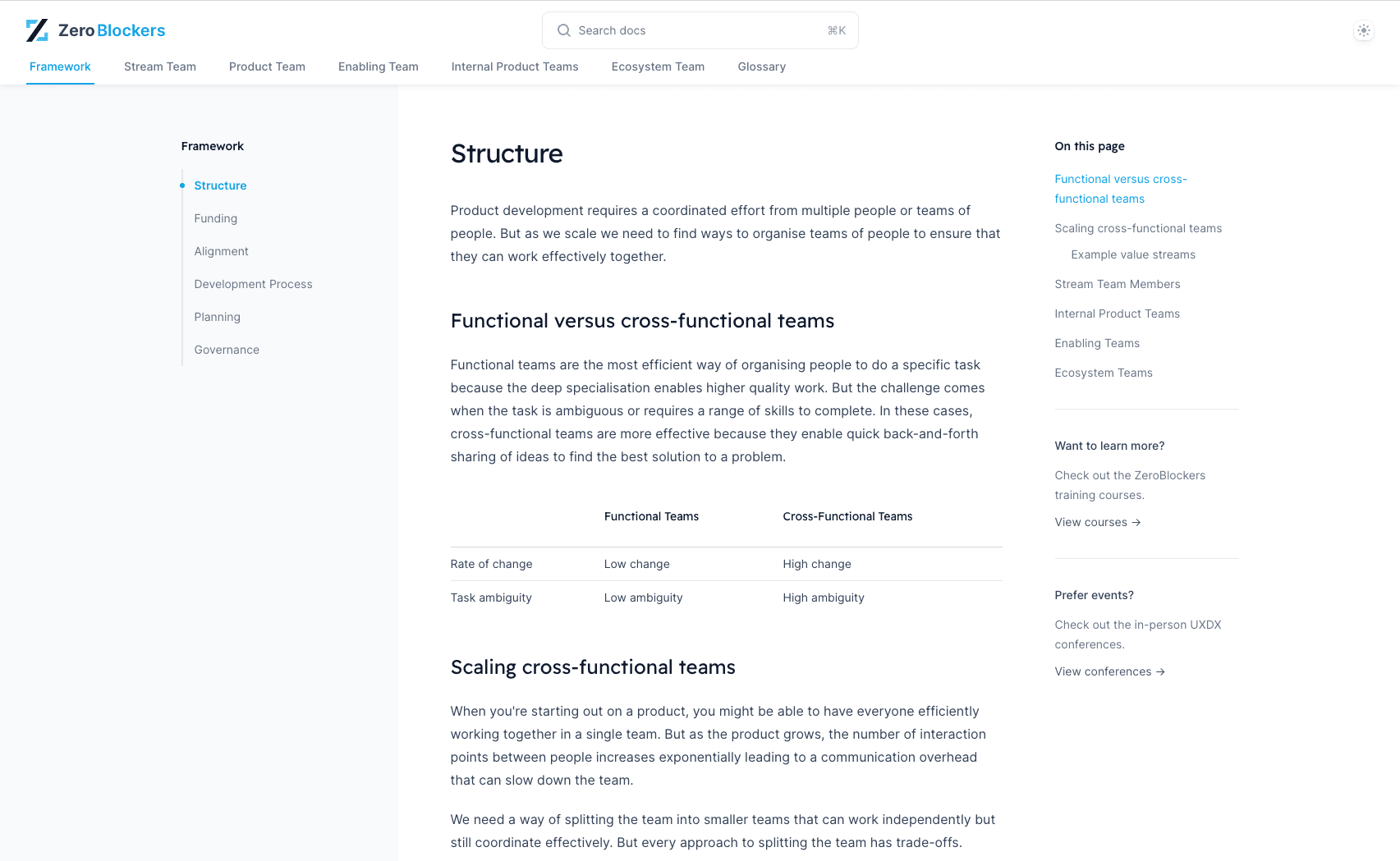Case StudyStream Team: Preparing Research - Scaling UX Research Through Effective Participant Recruitment
Fidelity Investments faced significant challenges in scaling their UX research efforts due to difficulties in recruiting diverse and relevant participants. Traditional recruitment methods were often time-consuming, inefficient, and failed to capture the wide range of user perspectives needed to inform product development. There was a need for a streamlined, scalable approach to participant recruitment that would enhance the quality and efficiency of UX research.

The Solution
Fidelity Investments implemented a strategic approach to optimize participant recruitment for UX research. The key components of their approach included:
- Diverse Recruitment Channels: Fidelity leveraged a variety of recruitment channels, including social media, online communities, and professional networks, to reach a broader and more diverse pool of participants. This ensured that the research included perspectives from different demographics, professions, and user types.
- Automated Screening Tools: The team employed automated screening tools to efficiently identify and select participants who matched the desired criteria for each study. These tools streamlined the initial screening process, reducing the time and effort required to recruit suitable participants.
- Centralized Recruitment Platform: Fidelity implemented a centralized recruitment platform to manage participant data, track recruitment progress, and coordinate communication. This platform facilitated better organization and oversight of the recruitment process.
- Incentive Programs: To attract and retain participants, Fidelity developed robust incentive programs that offered meaningful rewards for participation. These incentives included monetary compensation, gift cards, and exclusive access to Fidelity products and services.
- Continuous Engagement: Fidelity maintained ongoing engagement with past participants through regular updates, newsletters, and invitations to future studies. This continuous engagement helped build a loyal pool of participants who were readily available for new research initiatives.
- Ethical Considerations: The team ensured that all recruitment practices adhered to ethical guidelines, including informed consent, privacy protection, and transparent communication about the purpose and scope of the research.
Outcomes achieved
The implementation of these optimized recruitment strategies led to several significant outcomes for Fidelity Investments:
- Increased Recruitment Efficiency: The use of automated screening tools and a centralized platform significantly reduced the time and effort required to recruit participants, allowing the team to scale their research efforts more effectively.
- Diverse Participant Pool: By leveraging multiple recruitment channels and maintaining continuous engagement, Fidelity was able to build a diverse and representative participant pool. This diversity enriched the research findings and provided a more comprehensive understanding of user needs.
- Higher Quality Insights: The improved recruitment process ensured that participants were well-matched to the research objectives, leading to higher quality and more relevant insights. These insights informed product development and helped create user-centric solutions.
- Enhanced Participant Experience: The robust incentive programs and continuous engagement strategies created a positive experience for participants, encouraging their ongoing involvement in Fidelity's research efforts.
- Scalable Research Operations: The streamlined recruitment process enabled Fidelity to scale their UX research operations, conducting more studies and gathering insights more frequently. This scalability supported continuous improvement and innovation in product development.
